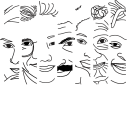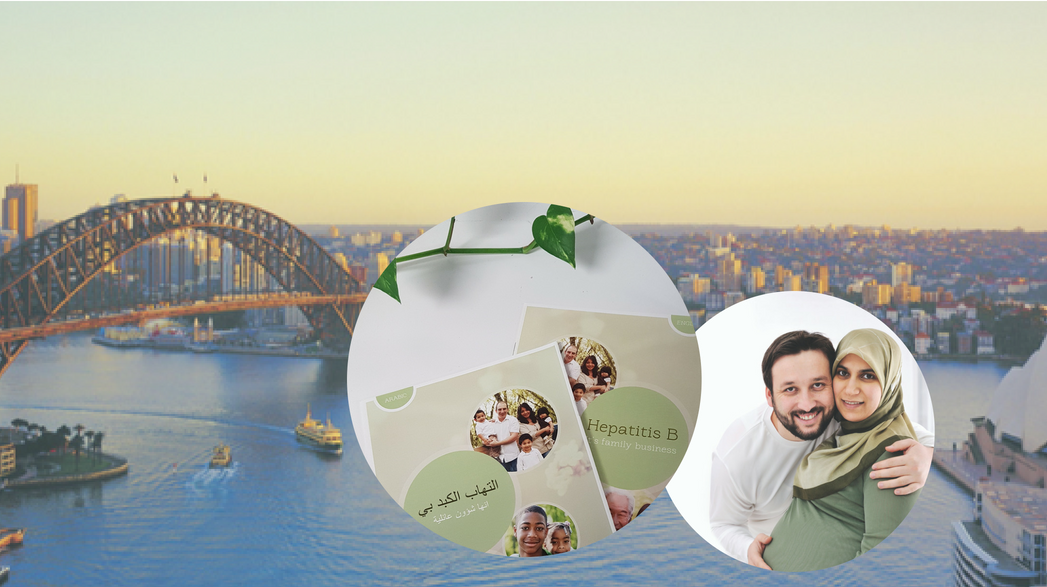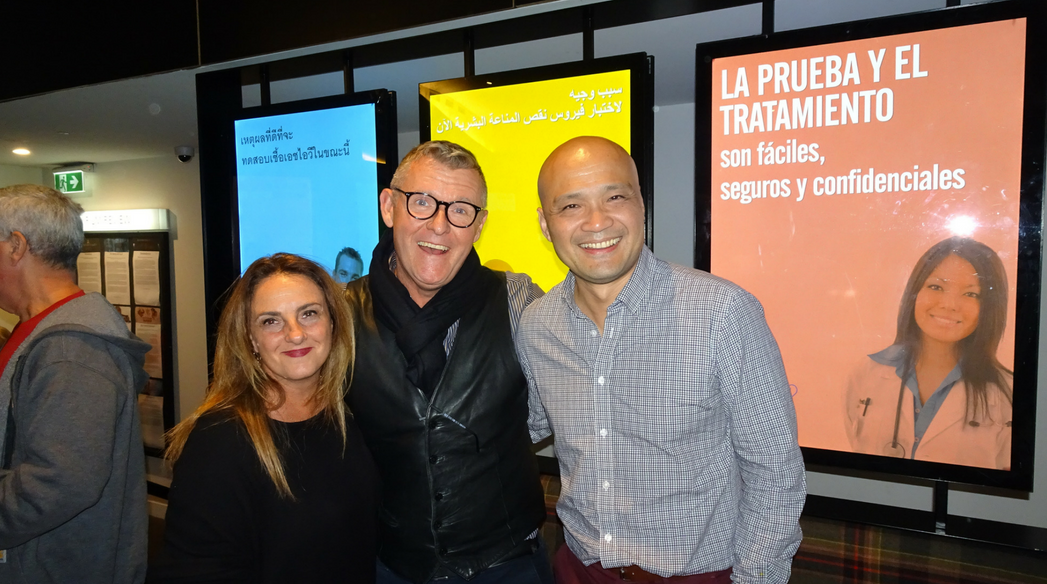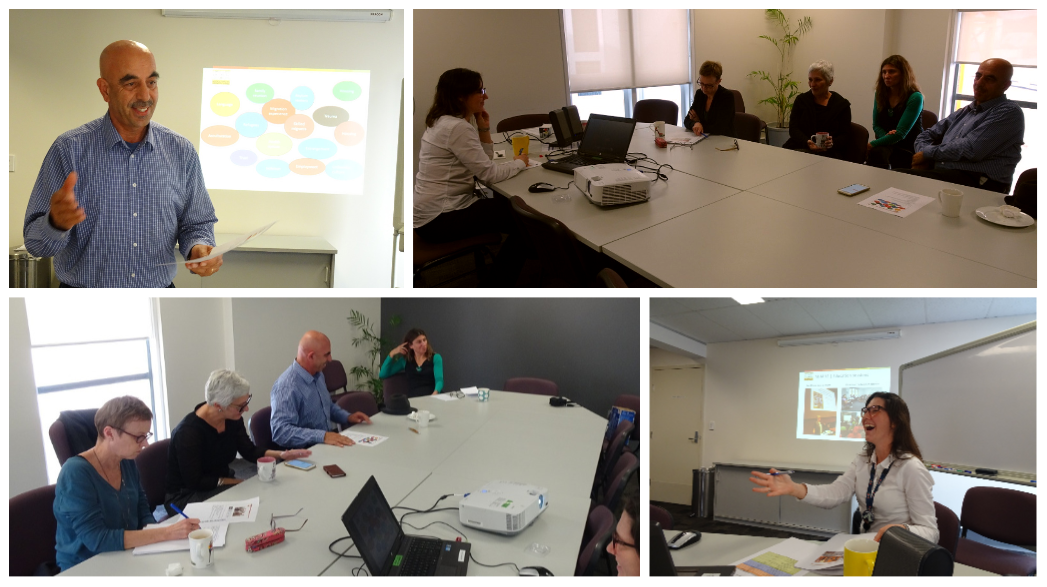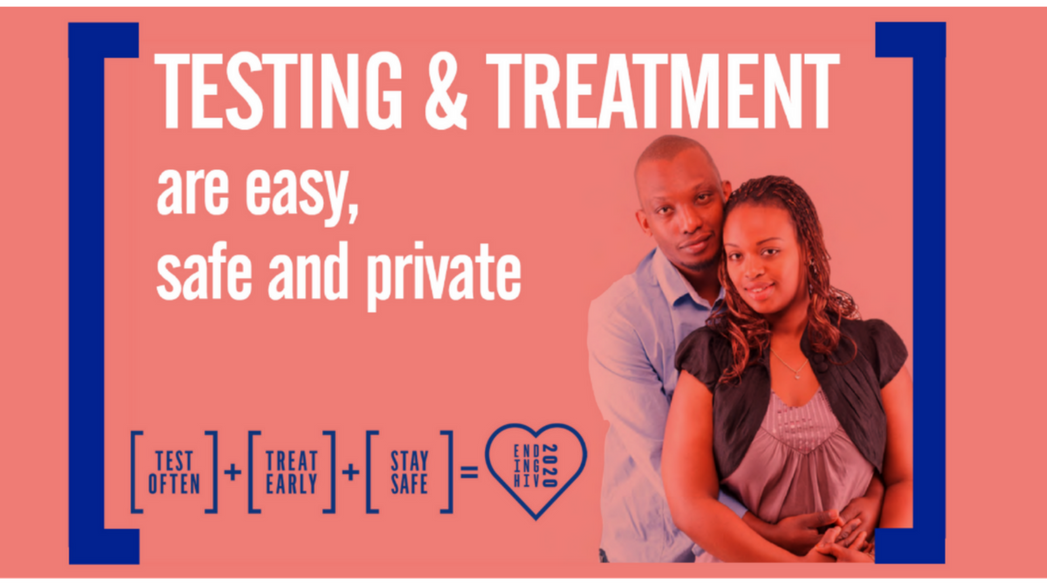The MHAHS in partnership with South Western Sydney Local Health District (SWSLHD) is set to welcome Eid with a three- day health information stall at Annual Islamic Eid Show at Bankstown Showground from 15-17 June.
Eid Al-Fitr is the most important religious and cultural festival for the Muslim community and is held at the end of the fasting month of Ramadan.
MHAHS Hepatitis B Project Officer, Faten Solaqa, who is co-organising the stall said Eid is one of the most vibrant festivals and is open to people of all cultural backgrounds.
"We're excited the festival provides us a platform to reach thousands of people with free health information. We are focused on highlighting the importance of people asking their doctor for a hepatitis B test and seeking timely treatment, if necessary,” said Ms Solaqa.
"We are also delighted to work with the team from South Western Sydney Local Health District to further our joint project to increase hepatitis B awareness among Arabic-speaking communities,” said Ms Solaqa.
Visitors to our stall can discuss hepatitis B with Arabic-speaking staff and get Hepatitis B: it’s a family business information booklet in either English and Arabic. They can also have their photo taken at the photo booth and get a free, personalised Eid and health message to share on their mobile devices.
More than 100 thousand people are expected to attend the festival in Sydney and Melbourne. In addition to numerous sumptuous food stalls, there will be vendors selling cultural artifacts, family and fun activities for kids, and much more.
WHAT: Annual Islamic Eid Show
WHERE: Bankstown Showgrounds, 178 Eldridge Rd, Condell Park NSW 2200
WHEN: 15-17 June, 2pm – 9pm on Friday & 10am – 9pm on Saturday & Sunday. Hepatitis B stall will operate between 5:00 pm - 9:00 pm on all three days.
For more details about the Eid Show visit www.eidshow.com.
Eid Al-Fitr is the most important religious and cultural festival for the Muslim community and is held at the end of the fasting month of Ramadan.
MHAHS Hepatitis B Project Officer, Faten Solaqa, who is co-organising the stall said Eid is one of the most vibrant festivals and is open to people of all cultural backgrounds.
"We're excited the festival provides us a platform to reach thousands of people with free health information. We are focused on highlighting the importance of people asking their doctor for a hepatitis B test and seeking timely treatment, if necessary,” said Ms Solaqa.
"We are also delighted to work with the team from South Western Sydney Local Health District to further our joint project to increase hepatitis B awareness among Arabic-speaking communities,” said Ms Solaqa.
Visitors to our stall can discuss hepatitis B with Arabic-speaking staff and get Hepatitis B: it’s a family business information booklet in either English and Arabic. They can also have their photo taken at the photo booth and get a free, personalised Eid and health message to share on their mobile devices.
More than 100 thousand people are expected to attend the festival in Sydney and Melbourne. In addition to numerous sumptuous food stalls, there will be vendors selling cultural artifacts, family and fun activities for kids, and much more.
WHAT: Annual Islamic Eid Show
WHERE: Bankstown Showgrounds, 178 Eldridge Rd, Condell Park NSW 2200
WHEN: 15-17 June, 2pm – 9pm on Friday & 10am – 9pm on Saturday & Sunday. Hepatitis B stall will operate between 5:00 pm - 9:00 pm on all three days.
For more details about the Eid Show visit www.eidshow.com.
